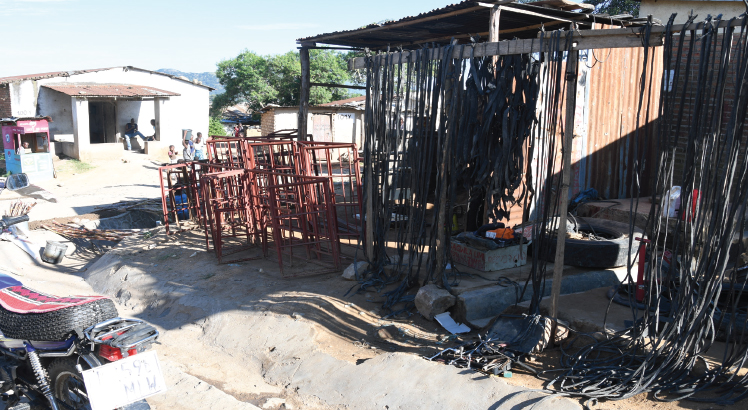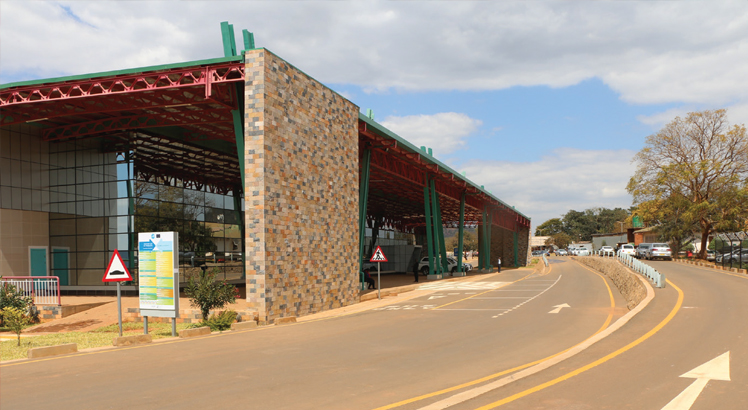The role of MSMEs in economic recovery
M
icro, small and medium enterprises (MSMEs) are defined based on several factors, mainly the number of employees, volume of sales and the level of assets in the business.
In our market, according to the Malawi MSME Policy of 2019, MSMEs are defined as entities employing less than 100 people and an annual turnover of up to K500 million.
Despite being small-sized, these enterprises should not be underrated as their contribution towards economic growth is huge. They have already proven to be the backbone of most of the economies in the world.
Research has shown that in the high-income countries, the MSME sector is highly developed while in low-income countries, the sector is less developed. This shows the importance and contribution of this sector towards economic growth.

To begin with, the MSMEs contribute a lot in creating employment opportunities in the country. The 2019 Malawi FinScope MSME Survey estimates that MSMEs in the country employ about 1.8 million people, by now the numbers have obviously grown beyond that. This increases the population’s purchasing power and creates potential for investments from the savings these people make; hence, increasing the number of active participants to the economic activities in the country.
MSMEs also contribute to the gross domestic product (GDP), which refers to the total value of goods produced in the country and the per capita GDP, which is a measure a country’s economic output per person, which are some of the key economic indicators for a country.
It is estimated that the sector contributes about 40 percent of GDP, which is substantial. Research has also shown that in the high-income and middle-income countries, MSMEs account for over half of national output.
In this case, if more MSMEs are actively involved in manufacturing and production in this country, it will have a positive impact on the country’s nominal GDP and per capita GDP.
The financial services sector, which is a key sector in the country’s economy, also relies on the MSMEs in so many ways. MSMEs contribute to the profitability of the banking sector, they are a source of a good return as they bring cheap deposits and assist in spreading the risk of the banks’ lending book as they enable the banks to lend small amounts to several borrowers. In this way, the MSMEs indirectly contribute towards the safely functioning banking sector which is key to our economy.
As a country, we have been facing foreign exchange challenges to the extent that we have been struggling to raise foreign exchange required for importation of basic requirements, including medical drugs and fuel.
The MSME sector can also help to ease the pressure on foreign exchange requirement through exports if they produce quality products.
Unlike the big companies, which import almost every raw material and at times even labour, the MSMEs normally utilise locally available resources for their production.
With the critical role that these MSMEs can play in our economy, they surely deserve support in different areas. Financing is key, but there are other important areas where the sector requires support, including technical expertise, market linkages and advisory just to mention but a few.
We have seen how the government has been supporting the sector through several MSME support institutions and interventions, including the $86 million Financial Inclusion and Entrepreneurship Scaling project, which aims at increasing access to financial services, promote entrepreneurship and capabilities of MSMEs in Malawi and addressing Covid-19 implications.
Other private sector entities, non-governmental organisation and international organisations and agencies, are also coming forth to assist in different areas, which is a good development.
The country’s MSMEs also have a role to play to gain trust from various partners, including financial institutions who are a source of financing for them to access modern equipment and technology for their production.
Loan repayment record among the MSMEs must also improve as there are concerns over high loan default rate among most small-scale players and no financier wants to invest and make a loss.
Furthermore, the SMEs must also continuously work on improving the quality of their products and keep up with innovation. The good thing is that these MSMEs are better placed to adopt innovation and operate efficiently as they are small and usually owner managed, decision-making is usually quick.
*The author is a chartered banker writing in his personal capacity Feedback: fnakoma@yahoo.com





